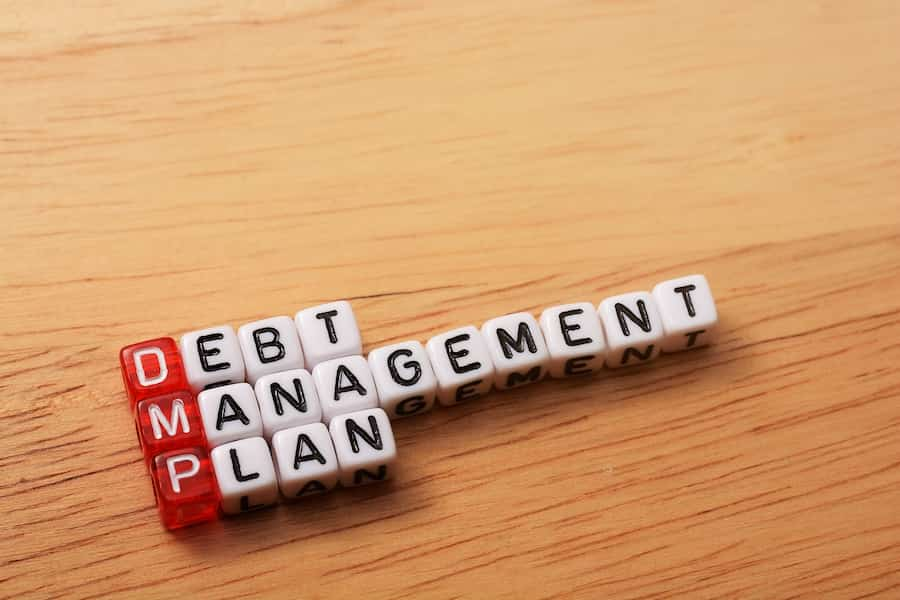
Does Governance matter in Global Supply Chains?
At the core of enhanced sustainability practices within the global supply chain lies governance. A myriad of initiatives has surfaced, constituting a comprehensive strategy to meet the more stringent demands of due diligence.
To fulfill the evolving requirements, an influx of laws, regulations, and codes is being continually generated, aiming to establish governance frameworks for global supply chains.
While some of these measures and regulations may be perceived as potential trade barriers, it is crucial to recognize that they do not diminish the pivotal role of governance in shaping the landscape of global supply chains.
Global supply-chain governance refers to the set of rules, processes, and structures that guide and control the various activities involved in the production and distribution of goods and services across borders. It entails the co-ordination, management, and oversight of the entire supply chain on a global scale.
Let’s delve into some key aspects of global supply-chain governance which include:
- Regulatory Compliance: Adherence to local and international regulations and standards governing trade, labor practices, environmental impact, and product safety. Compliance with these regulations is essential to ensure ethical and legal business operations.
- Risk Management: Identifying, assessing, and mitigating risks associated with global supply chains, such as geopolitical instability, natural disasters, economic fluctuations, and disruptions in transportation or logistics.
- Transparency and visibility: Providing visibility into the entire supply chain, from raw material sourcing to end-product delivery. This transparency helps in tracking the flow of goods, ensuring quality control, and addressing potential issues promptly.
- Collaboration and Communication: Effective communication and collaboration among various stakeholders in the supply chain, including suppliers, manufacturers, distributors, and retailers. This ensures a seamless flow of information and resources.
- Ethical and Social Responsibility: Addressing social and ethical issues related to labor practices, human rights, and environmental sustainability. Many companies are increasingly adopting responsible and sustainable practices in response to consumer demands and global awareness.
- Technology Integration: Leveraging technology, such as supply chain management software, blockchain, and IoT devices, to enhance efficiency, traceability, and real-time monitoring of the supply chain.
- Supplier Relationship Management: Building and maintaining strong relationships with suppliers to ensure reliability, quality, and adherence to agreed-upon terms. This involves regular communication, performance evaluations, and collaboration on continuous improvement.
- Flexibility and Agility: Designing supply chains that can adapt quickly to changes in market demand, geopolitical conditions, or disruptions. This may involve having alternative sourcing options, flexible production processes, and agile logistics solutions.
- Cost Management: Optimizing costs throughout the supply chain while maintaining quality and efficiency. This includes managing transportation costs, inventory levels, and production expenses.
- Continuous Improvement: Implementing mechanisms for ongoing evaluation and enhancement of supply chain processes. This involves learning from experiences, analyzing performance metrics, and making adjustments to optimize overall efficiency.
In a globalized economy, effective supply-chain governance is crucial for businesses to remain competitive, resilient, and sustainable while navigating the complexities of international trade and commerce.
At Procunomics Limited we firmly hold that in a world where governance shapes every aspect of our lives your business cannot afford to be left behind. If your business needs assistance in seamlessly integrating governance into your supply chain management, reach out to us at info@procunomics.com or +254705555985.
Written by Stella Amisi Orengo





